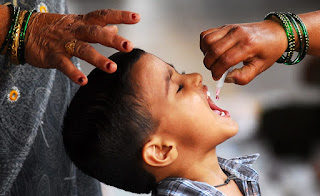Maharashtra chief minister Devendra Fadnavis on Monday raised the need to counsel farmers in the state Assembly to help curb farmer suicides.
However, it has come to light that Marathwada and Vidarbha that record the highest number of farmer suicides, do not have a single psychiatrist in the seven government hospitals to counsel them.
This year, more than 1,000 farmers committed suicide in the state due to the continuing agrarian crisis for successive years. To address the issue, the central government is laying importance on the counselling of the depressed farmers in drought-prone areas.
However, it has come to light that Marathwada and Vidarbha that record the highest number of farmer suicides, do not have a single psychiatrist in the seven government hospitals to counsel them.
This year, more than 1,000 farmers committed suicide in the state due to the continuing agrarian crisis for successive years. To address the issue, the central government is laying importance on the counselling of the depressed farmers in drought-prone areas.








